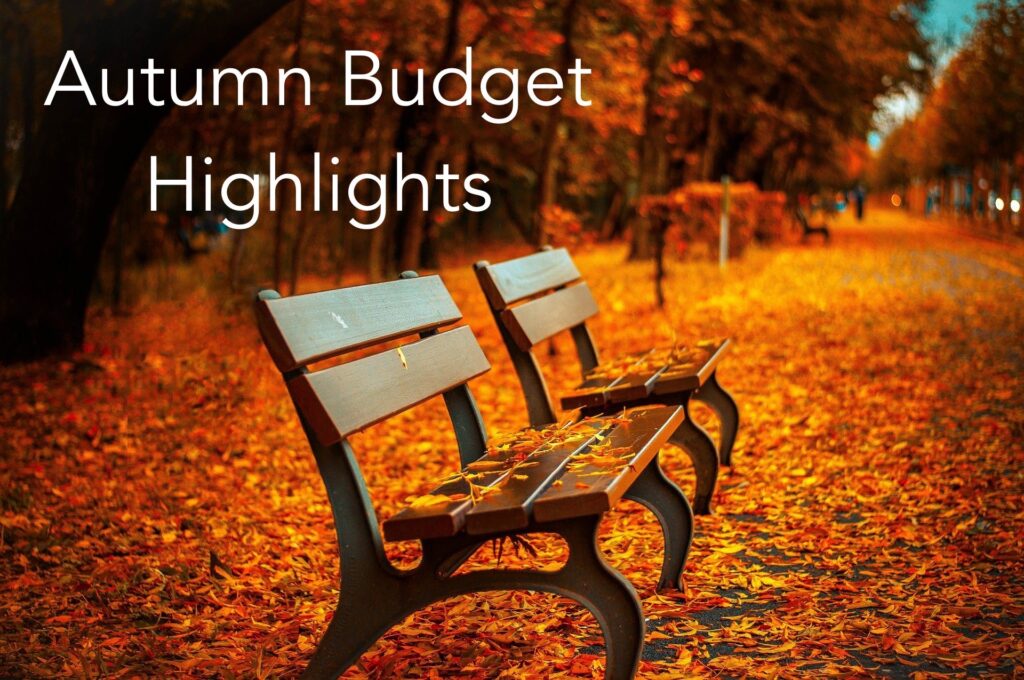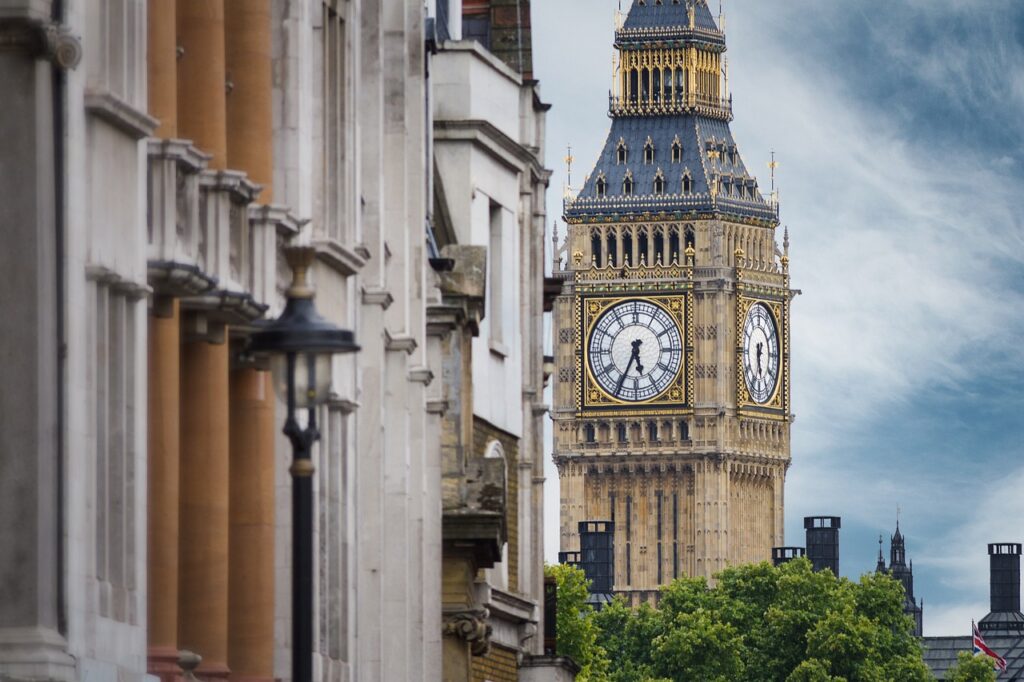Before last week’s Budget we already knew that corporation tax would increase in 2023 and that there will be a 1.25% rise in National Insurance Contributions (NICs) from April 2022 paid by employers, employees, self-employed and for those with share dividend income. Personal allowances are frozen until 2026 and we are told these rises are to are to pay for Covid-19 measures and reform of the social care system. The tax burden as a percentage of UK Gross Domestic Product (GDP) is now at its highest level since the 1950’s according to the Office for Budget Responsibility.
The “scarring assumption” of the pandemic, as the Treasury called it last week, hasn’t been as bad as forecasts imagined so Chancellor Rishi Sunak, buoyed by a recent OBR economic report which has lifted its prediction for economic growth in 2021 to 6.5%, chose to increase government spending by £150 billion rather than reverse some of the previously announced tax increases. He did state at the end of his speech that the government would look at lowering the tax burden before the end of this parliament.
Some of the key spending measures include:
- £6bn of funding to help tackle NHS backlogs
- £7bn for transport projects in areas including Greater Manchester, the West Midlands and South Yorkshire
- Levelling Up Fund of £1.7bn invested in local areas across the UK
- Extra funding to clear the courts backlog
- Tax relief for museums and galleries will be extended for two years
- Core science funding to rise to £5.9bn a year by 2024-25
- Universal Credit taper rate will be cut by 8% no later than 1 December, bringing it down to 55%
Despite speculation before the budget there was no changes to pension tax relief or ISA limits, CGT rates have remained the same and the first £1 million is still taxed at 10% when you sell your business.
Some welcome measures that were announced are the 50% cut in business rates for hospitality for one year and a change in the business rates multiplier, which will lower business rates. The chancellor also announced a cut in beer duty sold on premises and wider reforms that will see alcohol taxed by alcoholic strength rather than by product category. The planned rise in fuel duty was cancelled.
The national living wage (NLW) rate for those aged 23 or over has been increased to £9.50 an hour. For an employee working a 35-hour week that would mean £17,290 a year. With the 1.25% increase in employers NIC to 15.05% on earnings over £9,100 a year would mean £1,233 on top increasing the cost to the employer of £18,523 a year before pension costs.
For the details of the Autumn budget and spending review see: Budget and Spending Review – October 2021: What you need to know – GOV.UK (www.gov.uk)


